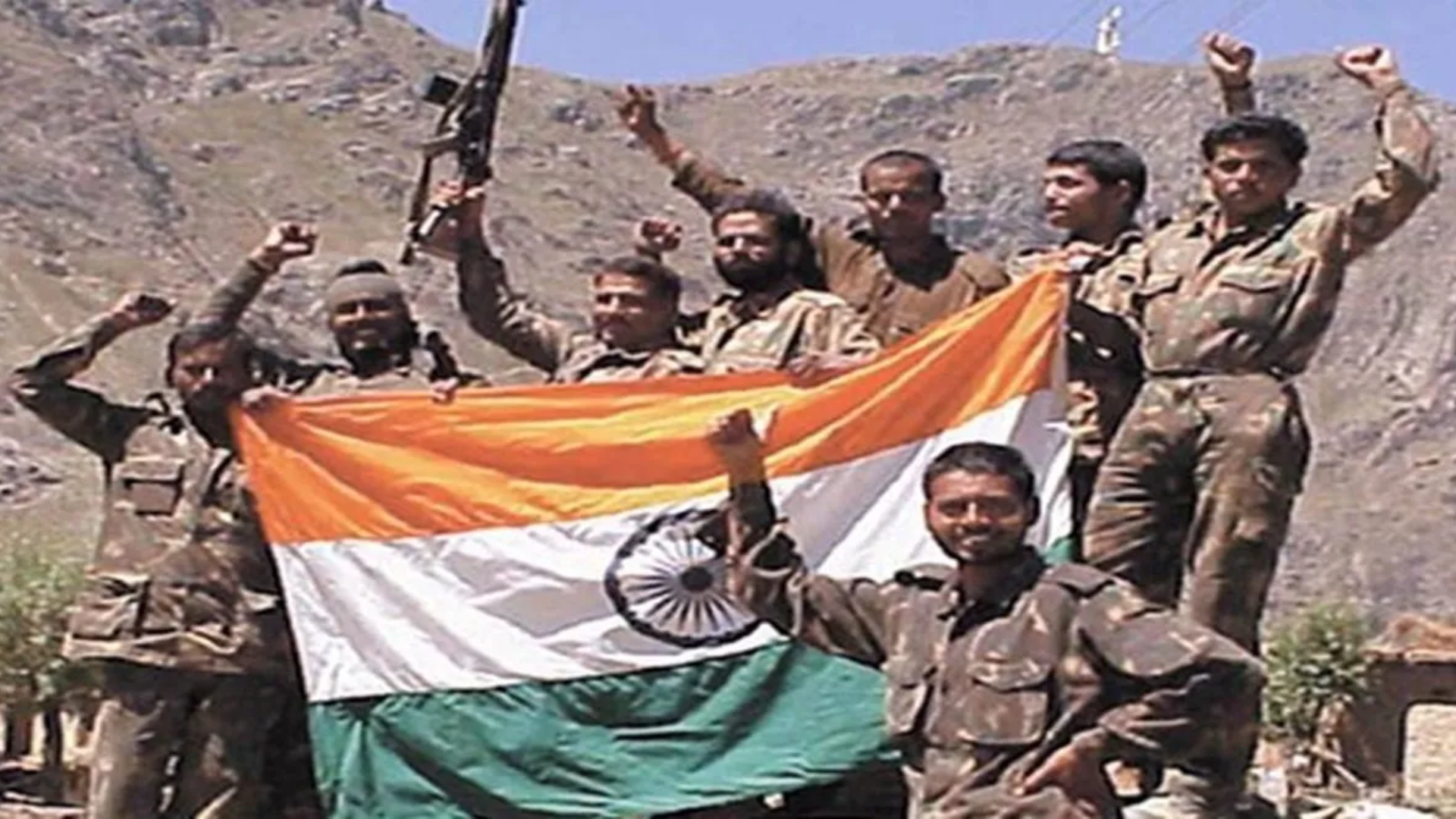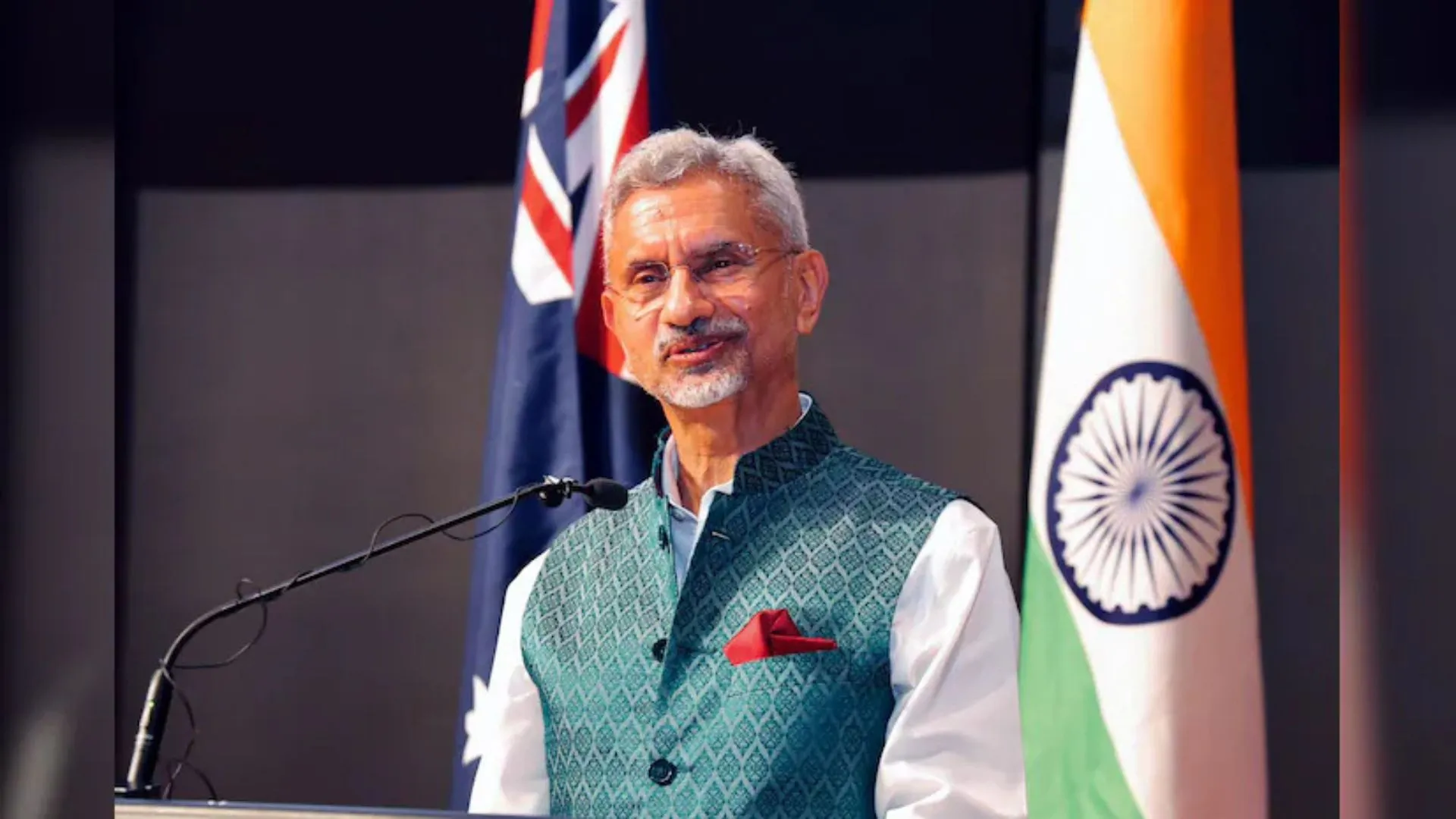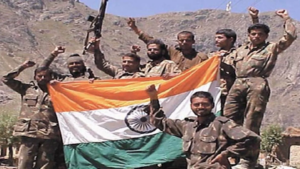As India commemorates the 25th anniversary of the Kargil Vijay Diwas, the victory over Pakistan in the 1999 Kargil War, the significance of this day echoes through history. This year’s observance saw Prime Minister Narendra Modi leading tributes to the soldiers who secured India’s triumph. The Kargil conflict, marked by Pakistan’s strategic gamble along the Line of Control (LoC), offers crucial insights into the shifting dynamics of South Asian geopolitics.
Historical Context
Historically, Pakistan has relied on unconventional warfare tactics during heightened tensions with India. From the 1947-48 and 1965 conflicts, where irregular forces and covert operations were pivotal, to the Kargil War, these tactics have shaped Pakistan’s military strategy. The Kargil incursion represented a notable departure from previous patterns, occurring during a period of relatively stable diplomatic relations between Islamabad and New Delhi.
The Kargil operation was a strategic evolution in Pakistan’s approach, moving from traditional proxy warfare to direct military engagement. Unlike past strategies, which involved irregular forces, the Kargil intrusion saw regular Pakistani troops disguised as Mujahideen, echoing tactics used in Afghanistan. This shift highlighted Pakistan’s intent to adopt a more overt military strategy against India.
The motivations behind Pakistan’s decision to launch the Kargil operation were multifaceted. Strategically, Pakistan aimed to assert control over disputed areas, disrupt Indian logistics, and alter the status quo along the LoC. The move was intended to exert pressure on India’s critical National Highway 1 Alpha, vital for accessing the Siachen Glacier.
Domestically, the Kargil conflict served as a diversion from Pakistan’s internal issues. With economic challenges and political unrest, the war offered a way to rally national sentiment and shift focus from domestic troubles. Although then-Prime Minister Nawaz Sharif has publicly denied knowledge of the Kargil plans, the timing and context suggest that the conflict was strategically leveraged to address internal governance issues.
Strategic Implications And International Reaction
The Kargil War reflected Pakistan’s deep-rooted insecurities and strategic posture in South Asia. Faced with India’s larger size and military capabilities, Pakistan’s actions in Kargil were seen as a statement of its security concerns and a bid to assert itself in the region. However, the conflict strained Pakistan’s international relations and drew global attention to the volatile India-Pakistan dynamic.
The war exposed Pakistan to diplomatic criticism and highlighted the need for effective conflict management. The international community, including the United States, intervened to urge restraint and de-escalation, criticizing Pakistan’s unilateral military actions. This international response underscored the disconnect between Pakistan’s military strategy and its diplomatic objectives.
Lessons And Future Dynamics
The Kargil War serves as a reminder of the risks associated with unilateral military actions and the importance of diplomatic engagement. Despite Pakistan’s strategic shift towards direct military confrontation, the outcome of the Kargil conflict solidified India’s position as the dominant yet responsible power in South Asia. The war also highlighted Pakistan’s isolation and the broader implications of its military strategies on regional stability.
In reflecting on the Kargil War, it’s clear that the conflict not only reshaped South Asian security dynamics but also provided valuable lessons on the interplay between military actions and diplomatic efforts. The legacy of Kargil continues to influence the geopolitical landscape, reminding both nations of the complex and enduring nature of their relationship.














